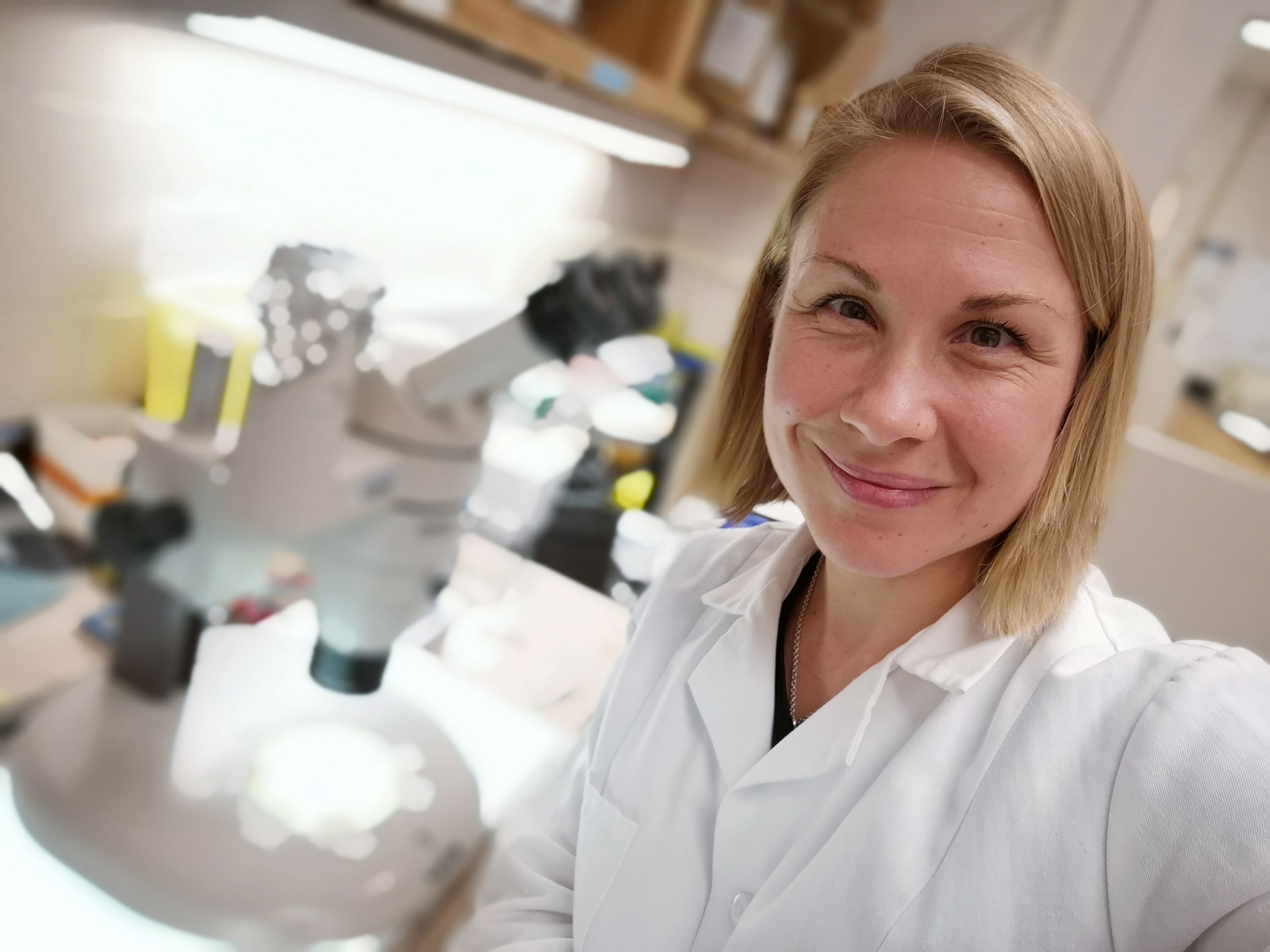Research from Karolinska University Hospital reveals new findings on women's fertility

A new study from Karolinska University Hospital shows that there are two types of immature follicles in a woman's ovaries, and that they probably have different tasks.
According to the researchers, only one type of follicle is involved in developing eggs. The other seems instead to be entirely devoted to secreting hormones, a process called signaling. The discovery may have an impact on how we assess female fertility in the future and how we treat involuntary childlessness.
"Until now, we have believed that all immature follicles have the same conditions to develop into mature eggs. It is important to understand why some follicles seem to choose not to mature their egg but instead secrete hormones, and how we can take this into account in fertility treatments," says Sebastian Brusell Gidlöf, Senior Consultant and Director at the Medical Unit of Gynaecology and Reproductive Medicine at Karolinska University Hospital.

The researchers have also been able to show that these immature follicles, which are formed in all women already in the fetal stage, change during puberty. Previously, it was thought that they remained dormant as a reserve. Since some fertility treatments may also be relevant for children, such as freezing of follicles in childhood cancer patients, it will be important to understand whether follicles collected before puberty can mature their eggs normally.
The study is a collaboration between the Medical Unit of Gynecology and Reproductive Medicine at Karolinska University Hospital, other Swedish university hospitals in the Sveafertil network, Karolinska Institutet and several Nordic researchers. It is published in the journal Nature Communications.

"Studying ovaries is a major challenge, close collaboration between different hospitals and universities is absolutely crucial. Through this, we have now learned significant new biology about women's ovaries," says Pauliina Damdimopoulou, leader of the research group, active at ME Gynecology and Reproductive Medicine and researcher at Karolinska Institutet.
Ovarian cell pouch:
- The follicles are bags of cells in the ovaries.
- In each follicle there is an egg cell.
- All follicles are formed early in development in the foetus' ovaries in an immature format.
- The immature follicles are also called "ovarian reserve".
- Immature follicles grow towards ovulation after puberty.
- The egg cell leaves the follicle during ovulation.
- Follicle comes from Latin and means small sac.
- The follicle is also called the follicle.
______________________
Text: Anton Andersson.